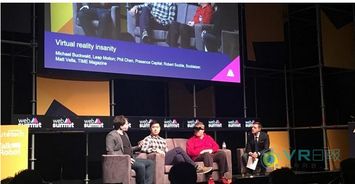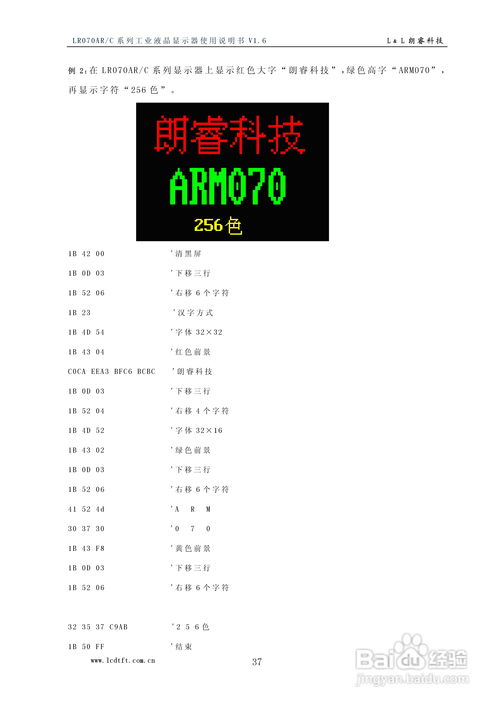Jobs in LR AR: A Comprehensive Guide
Are you looking to explore the exciting world of jobs in Low-Rank Approximation (LR) and Approximate Rank (AR)? If so, you’ve come to the right place. In this detailed guide, we’ll delve into the various aspects of these fields, including job opportunities, required skills, and potential career paths. Let’s get started.
Understanding LR and AR

Low-Rank Approximation (LR) and Approximate Rank (AR) are mathematical techniques used to simplify large matrices while retaining their essential properties. These methods are particularly useful in fields such as data analysis, machine learning, and signal processing.
LR involves finding a low-rank matrix that is close to the original matrix in terms of certain metrics, such as Frobenius norm or spectral norm. On the other hand, AR focuses on finding an approximation of the matrix’s rank, which can be used to reduce the computational complexity of various algorithms.
Job Opportunities in LR and AR

With the increasing demand for efficient data processing and analysis, job opportunities in LR and AR have been growing. Here are some of the key areas where professionals with expertise in these fields can find employment:
| Industry | Job Roles |
|---|---|
| Data Analysis | Data Scientist, Machine Learning Engineer, Data Analyst |
| Machine Learning | Research Scientist, Algorithm Developer, AI Engineer |
| Signal Processing | Signal Processing Engineer, Audio Engineer, Image Processing Engineer |
| Quantitative Finance | Quantitative Analyst, Risk Analyst, Financial Modeler |
| Computer Vision | Computer Vision Engineer, Image Recognition Specialist, Video Processing Engineer |
These roles can be found in various organizations, including tech companies, research institutions, and government agencies.
Required Skills

Professionals interested in pursuing a career in LR and AR should possess a strong foundation in the following skills:
-
Mathematics: A solid understanding of linear algebra, calculus, and numerical analysis is crucial.
-
Programming: Proficiency in programming languages such as Python, MATLAB, or R is essential.
-
Machine Learning: Familiarity with machine learning algorithms and techniques is beneficial.
-
Research: The ability to conduct research and stay updated with the latest advancements in LR and AR is important.
Career Paths
There are several career paths you can consider when entering the field of LR and AR:
-
Research Scientist: Work on developing new algorithms and techniques in LR and AR.
-
Machine Learning Engineer: Apply LR and AR techniques to real-world problems in data analysis and machine learning.
-
Software Developer: Develop software tools and libraries for LR and AR applications.
-
Consultant: Provide expertise and guidance to organizations looking to implement LR and AR solutions.
Education and Training
While there is no specific degree requirement for a career in LR and AR, a background in mathematics, computer science, or a related field is highly beneficial. Here are some educational paths you can consider:
-
Bachelor’s Degree: Pursue a degree in mathematics, computer science, or a related field.
-
Master’s Degree: Specialize in a field such as applied mathematics, computational mathematics, or machine learning.
-
Ph.D.: Conduct research and contribute to the advancement of LR and AR techniques.
Networking and Professional Development
Networking and staying connected with the LR and AR community can greatly enhance your career prospects. Here are some ways to do so:
-
Attend conferences and workshops: These events provide opportunities to learn about the latest advancements and connect with professionals in the field.
